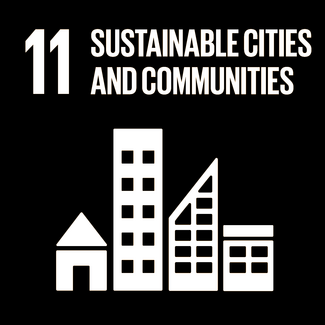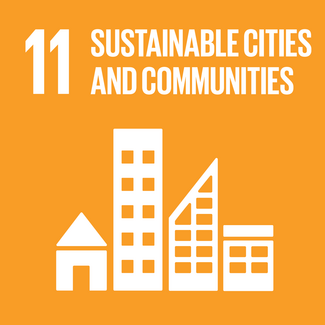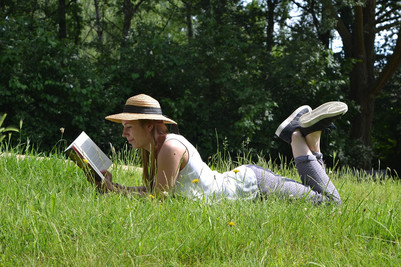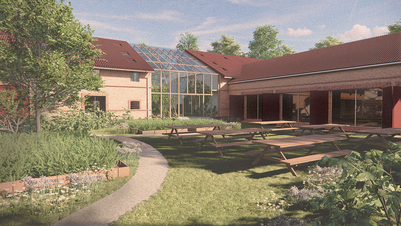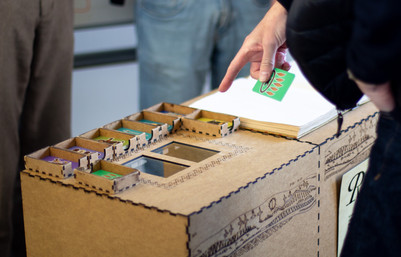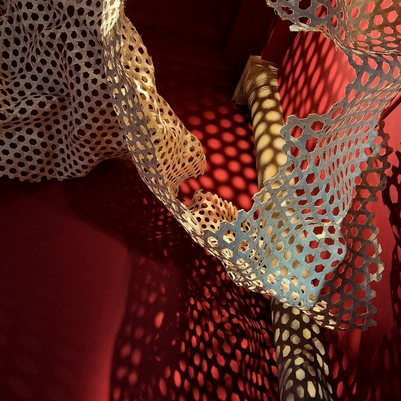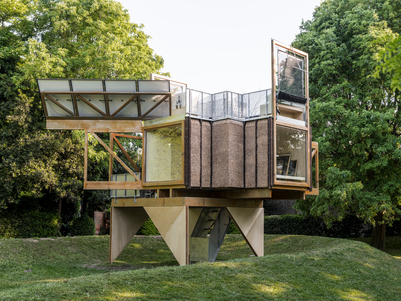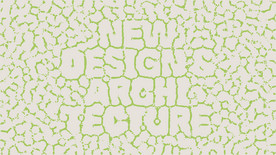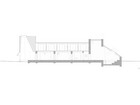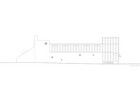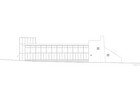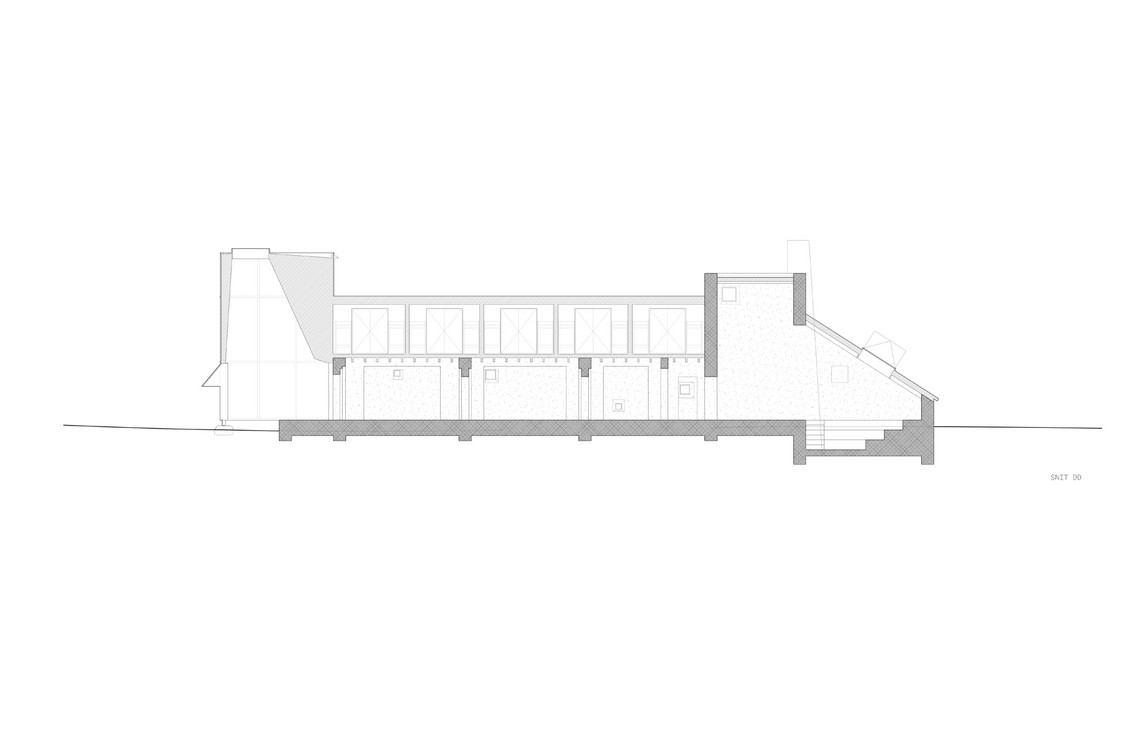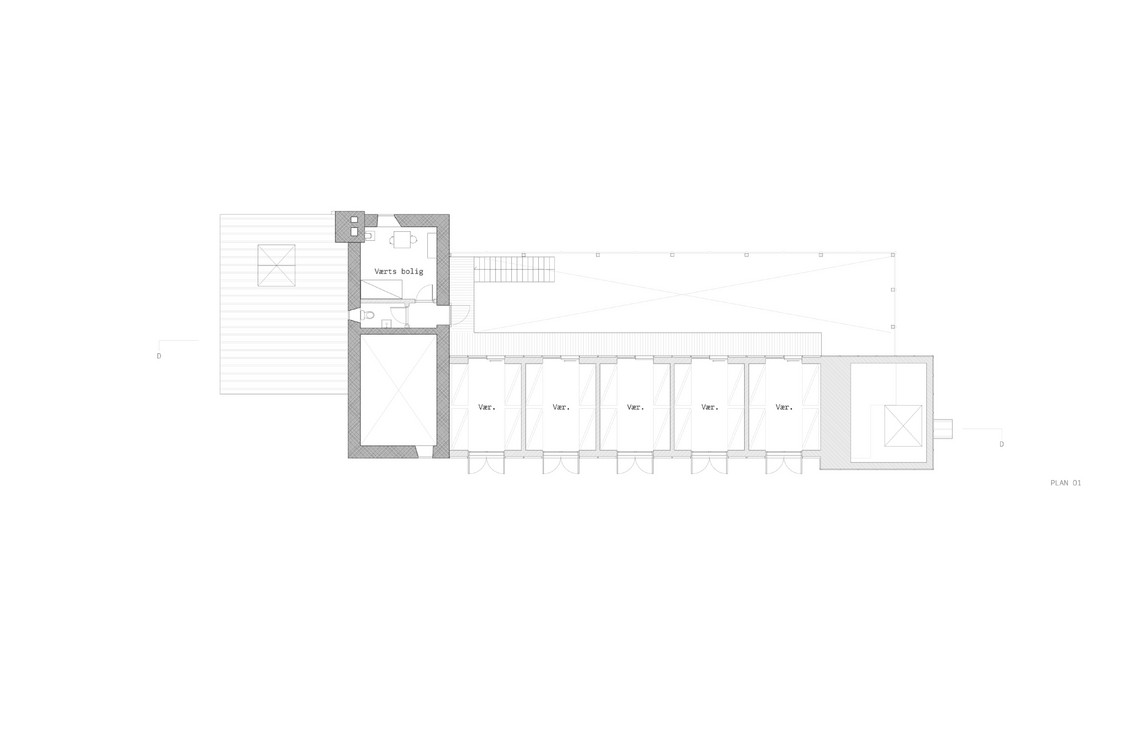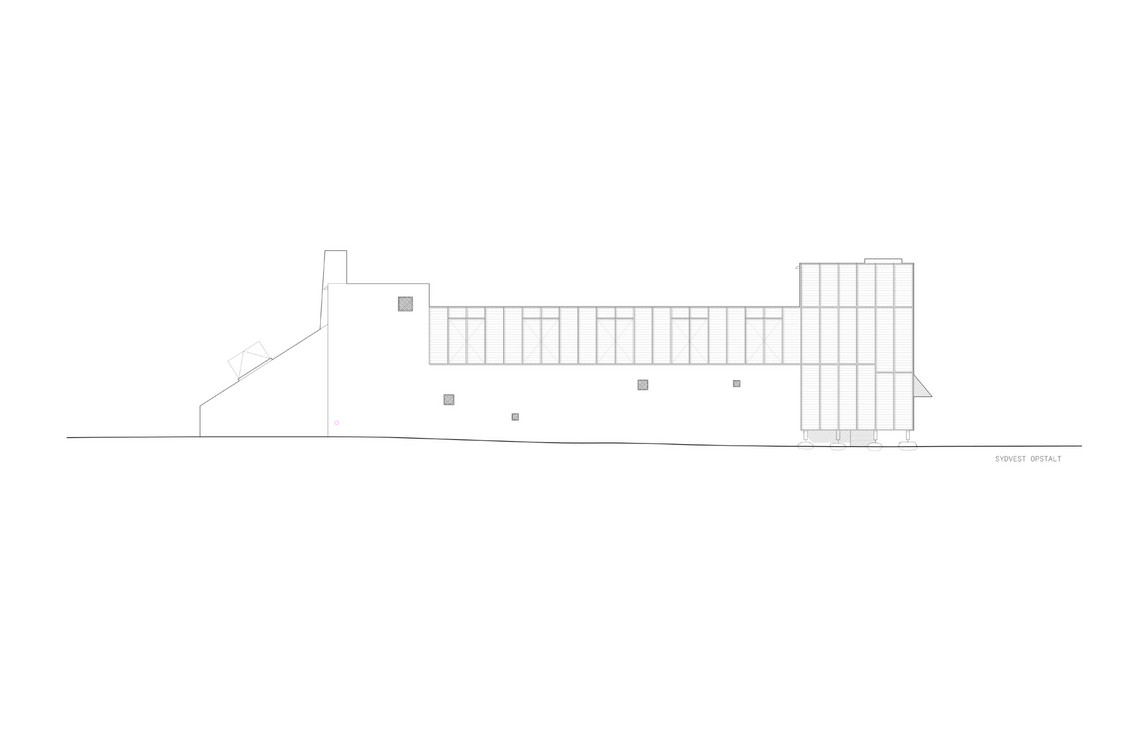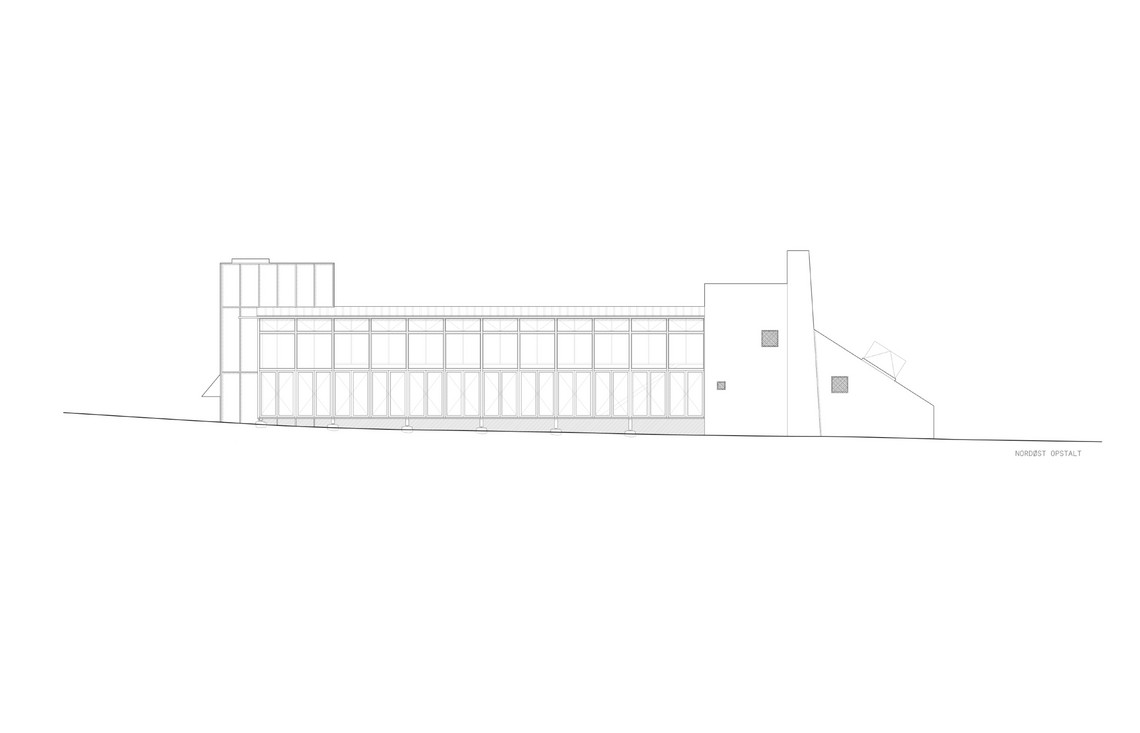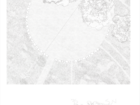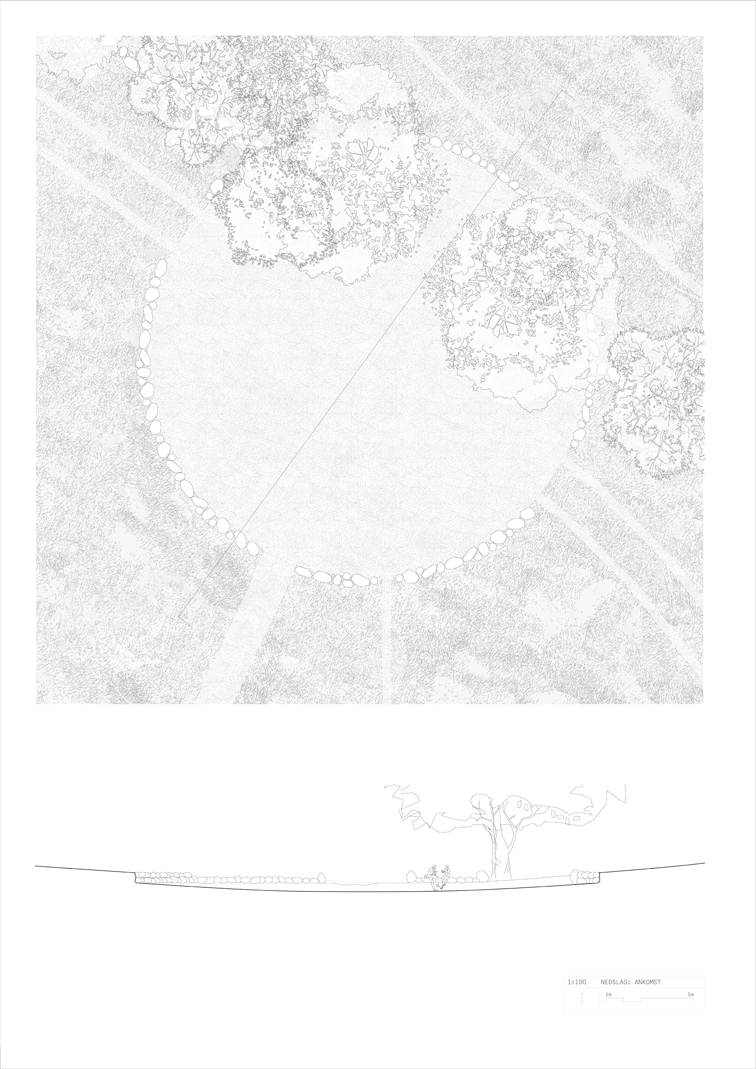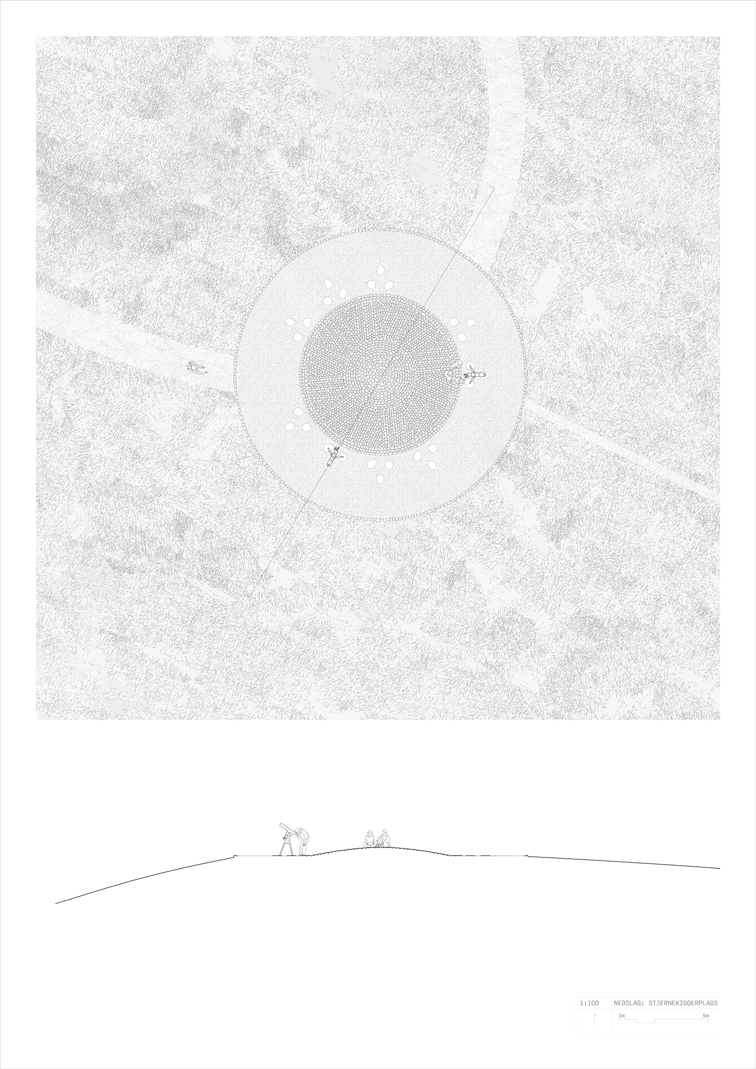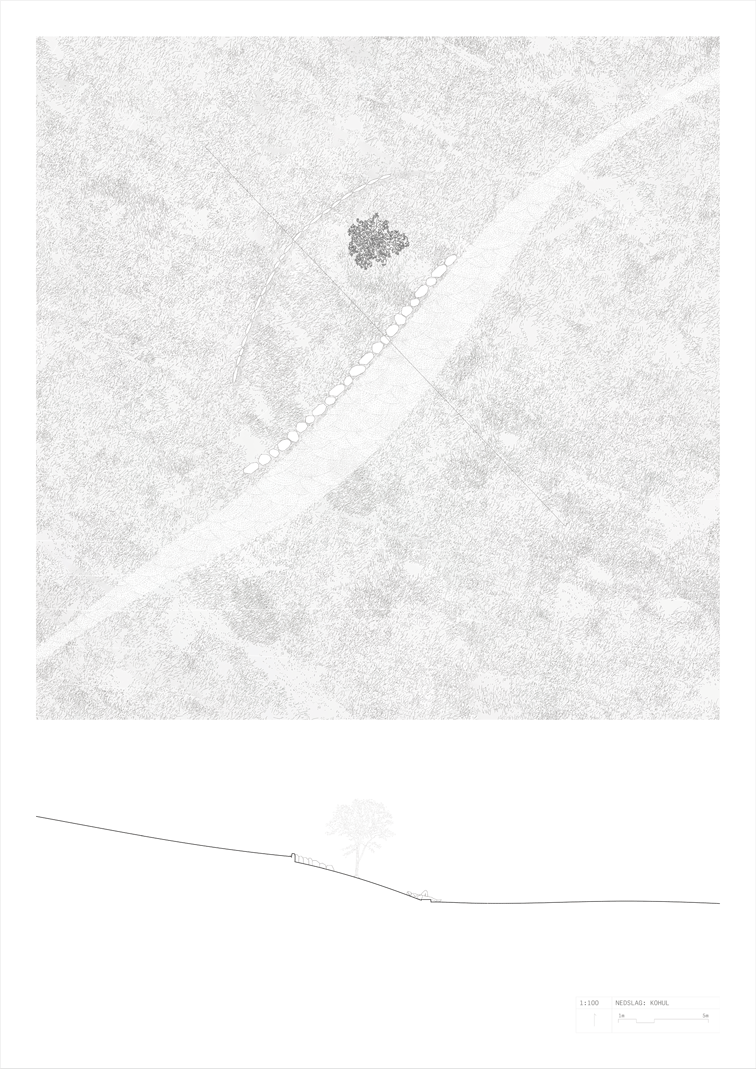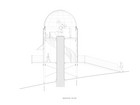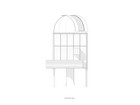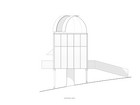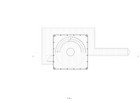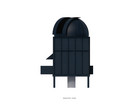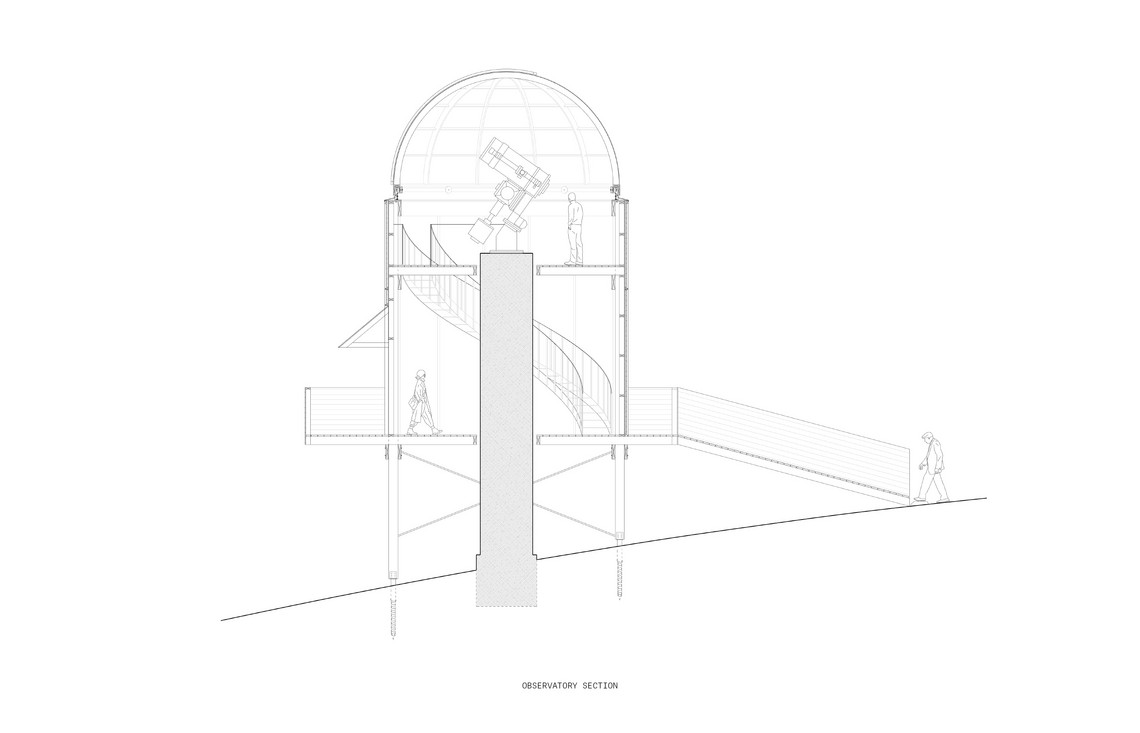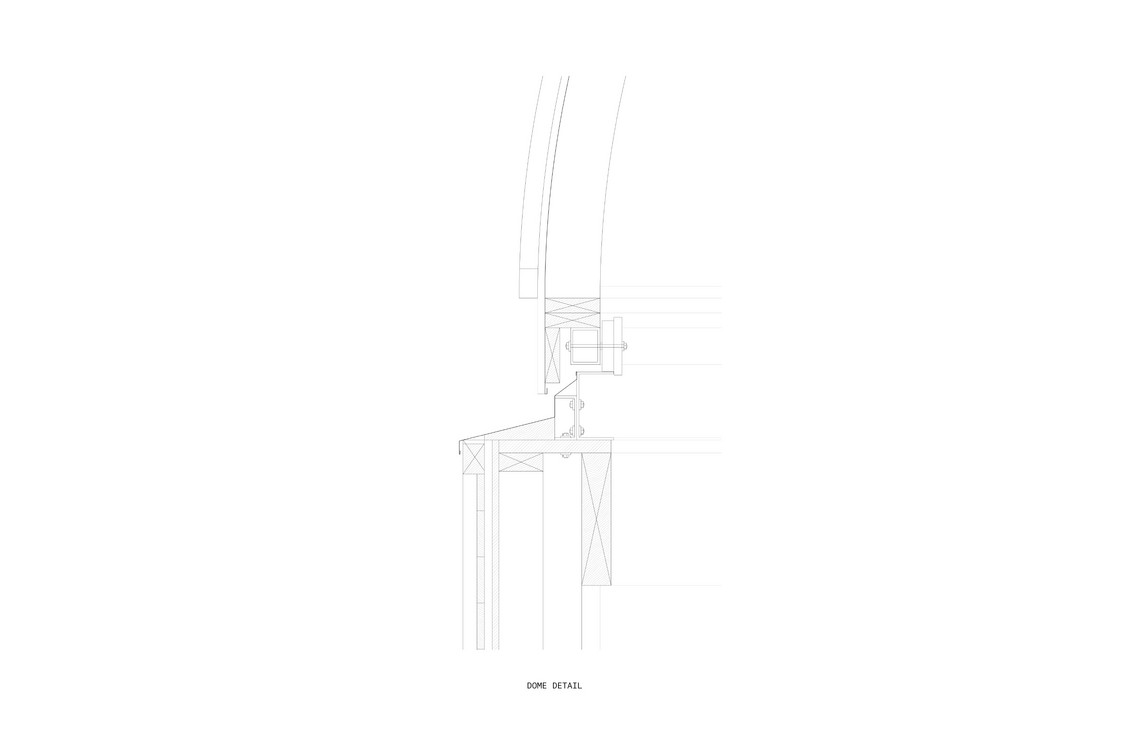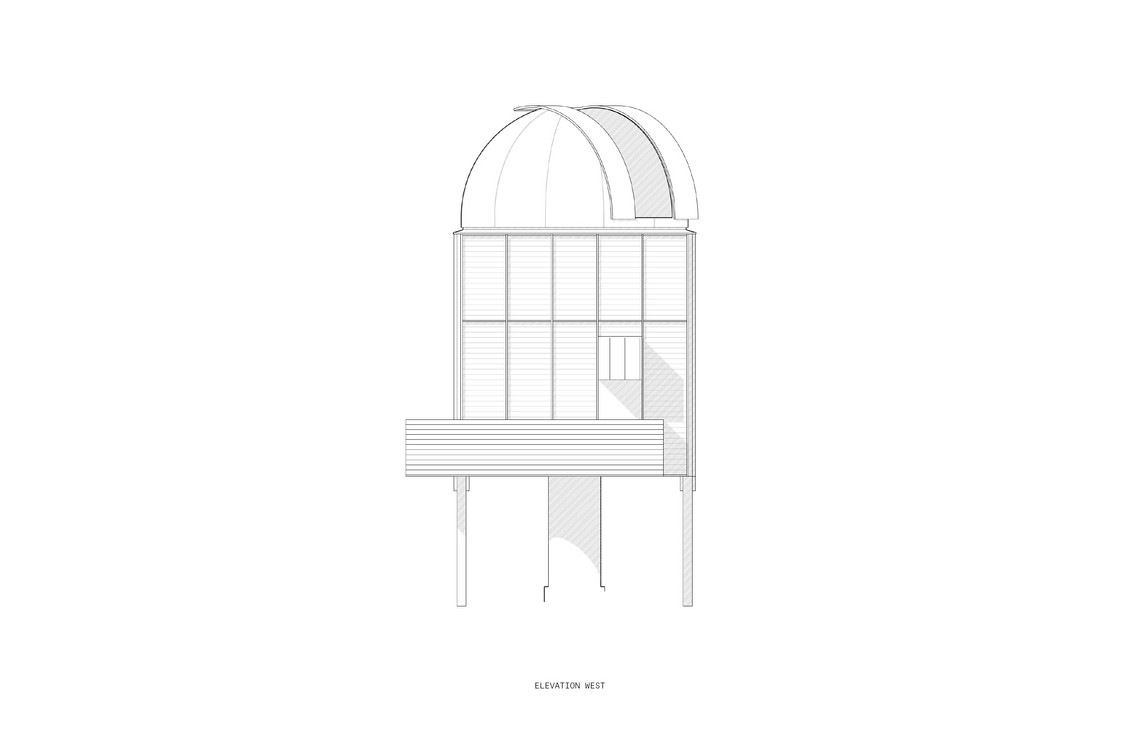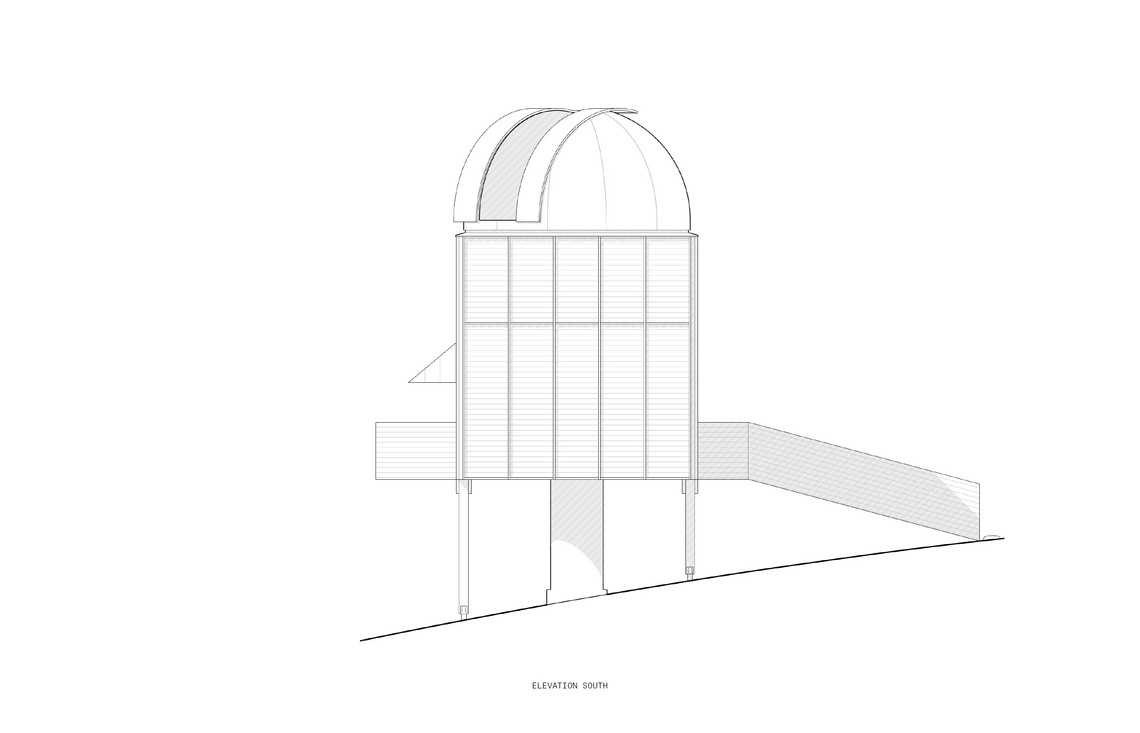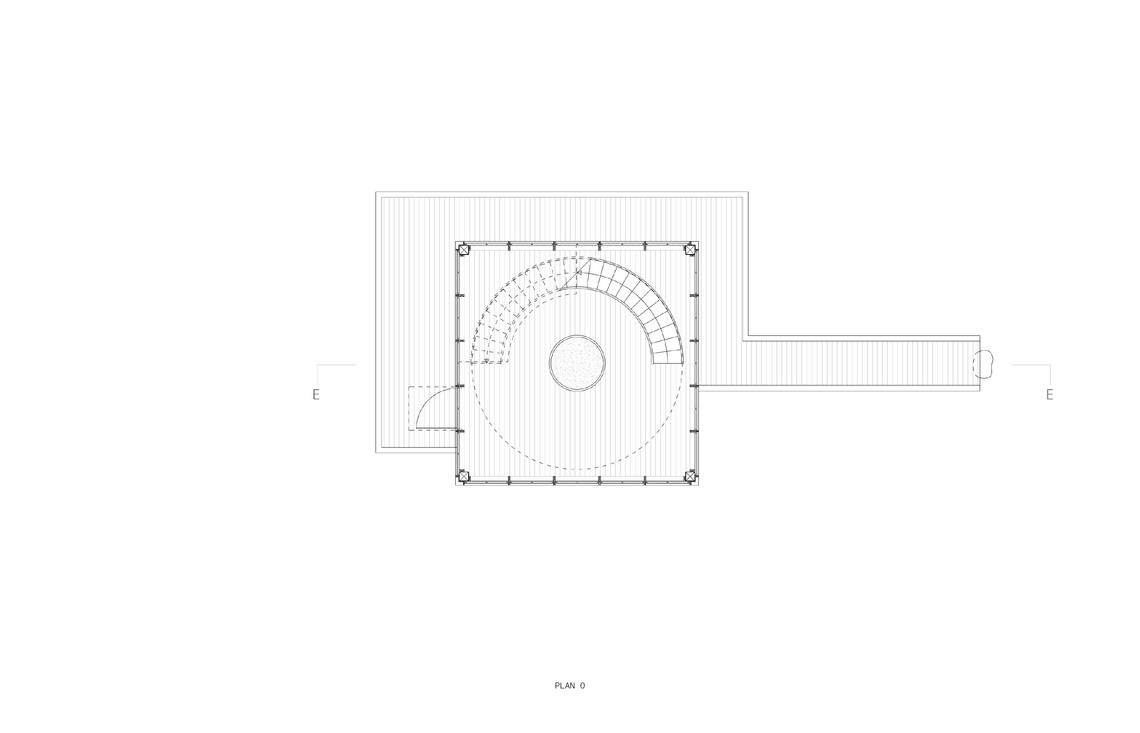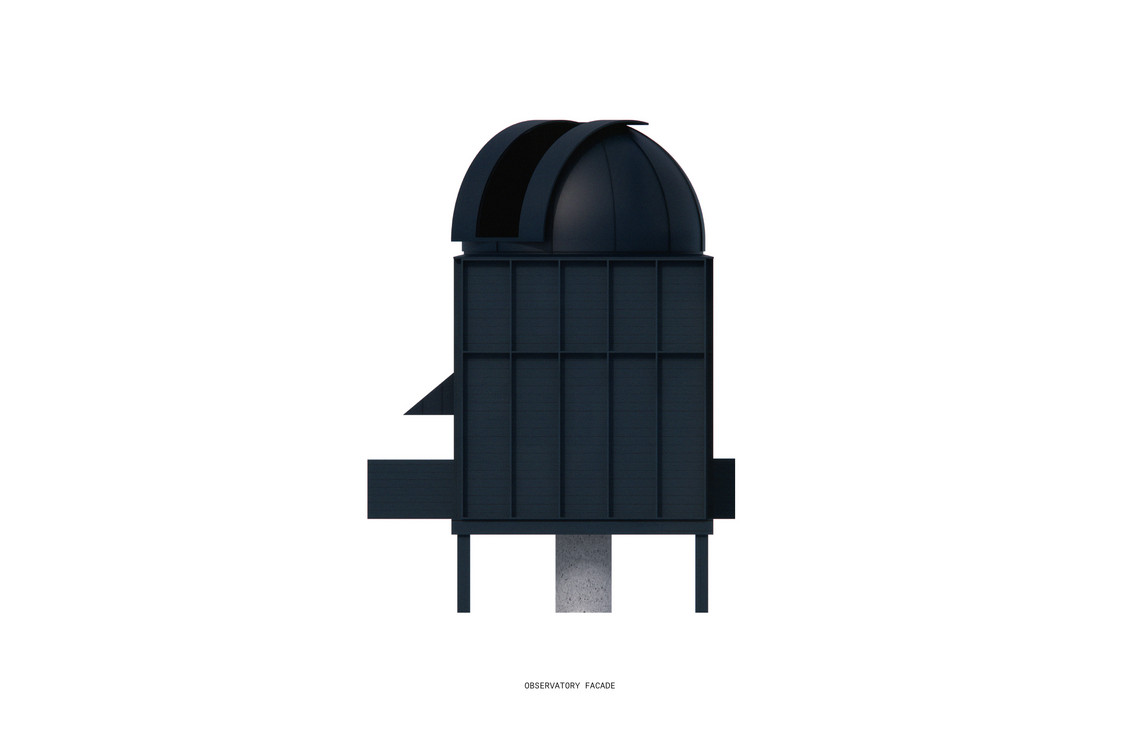

Dark Sky Observatory
Astronomy is one of the oldest natural sciences, developed by early civilisations around the world. Since humans has looked up at the sky and observed the stars, there has been established a relationship of fascination and wonder. Even without precision instruments or a basic understanding of the physical laws that govern the universe, early civilisations used stars to navigate, record the passage of time, plan rituals, and sow crops, all based on simple observations of the starry night sky.
Today natural darkness is a rare sight. The increasing light pollution has robbed us of a sky once filled to the brim with stars. Since the first electric street lamps were lit in Paris almost 150 years ago, we have increasingly spoiled the night sky. Throughout human history, the night sky has inspired science, religion, philosophy, art, and literature.
[[{"fid":"356512","view_mode":"top","fields":{"format":"top","field_file_image_alt_text[und][0][value]":"","field_file_image_title_text[und][0][value]":""},"type":"media","attributes":{"class":"media-element file-top"}}]]
The project is based on a community dark sky observatory, located in the hilly ice age landscape of East Møn that has been granted status as a Dark Sky Park and Dark Sky Community. With this project, we critically examined the increasing light pollution and created a collective place that communicates the importance of natural darkness and contributes to the preservation of our universal cultural heritage, such as the starry sky. The intention of the project is to support the local community and create a framework for astronomy enthusiasts to meet and share their fascination and knowledge with other visitors. We want to give the night back to the people and create a place where one can come and let the infinite view and darkness envelop and inspire oneself, as it has done for millennia.
This project is done together with Stinus Bertelsen.

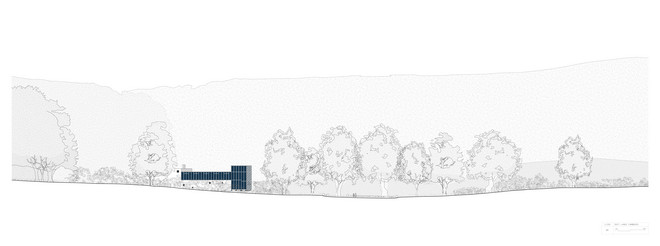
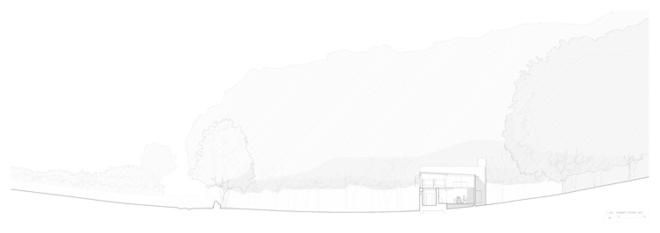
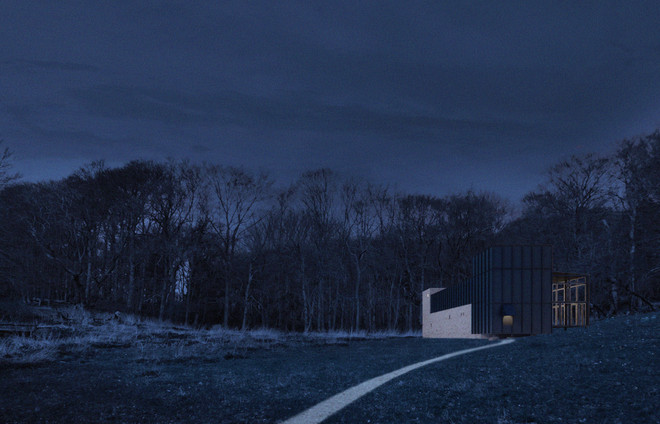

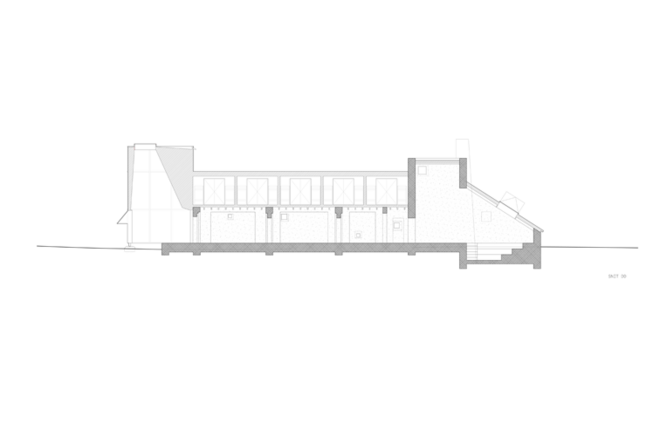
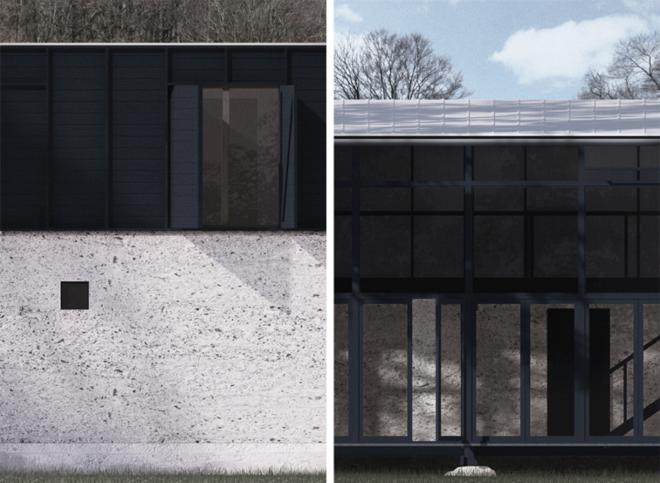
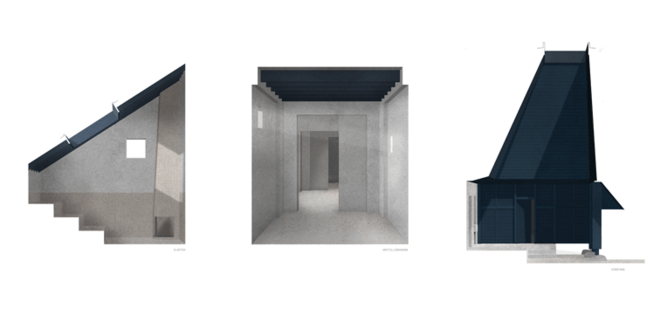
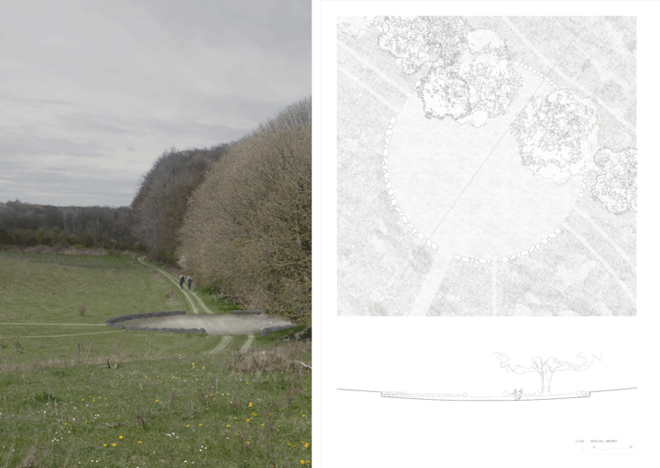
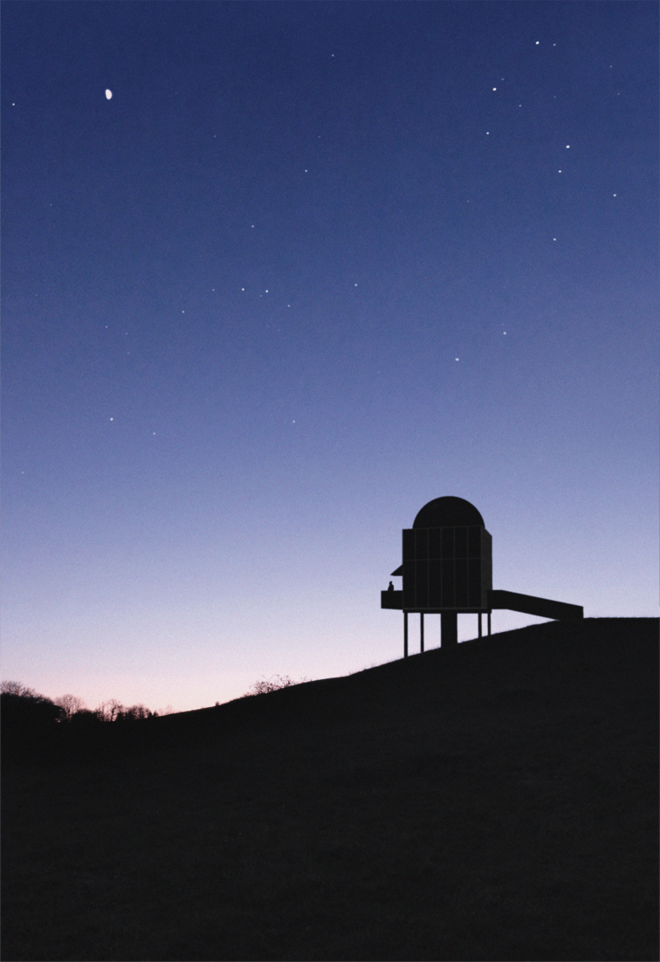
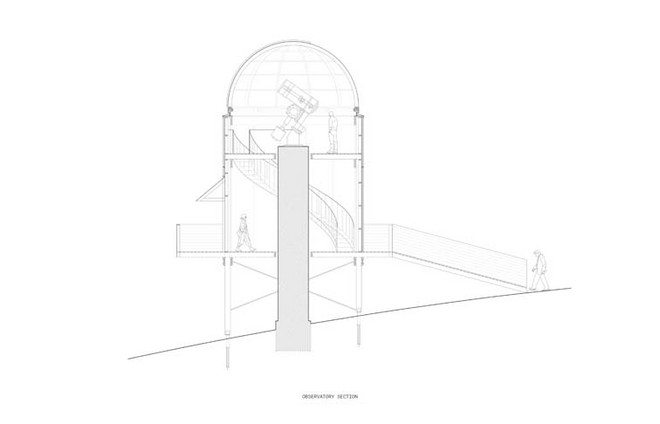
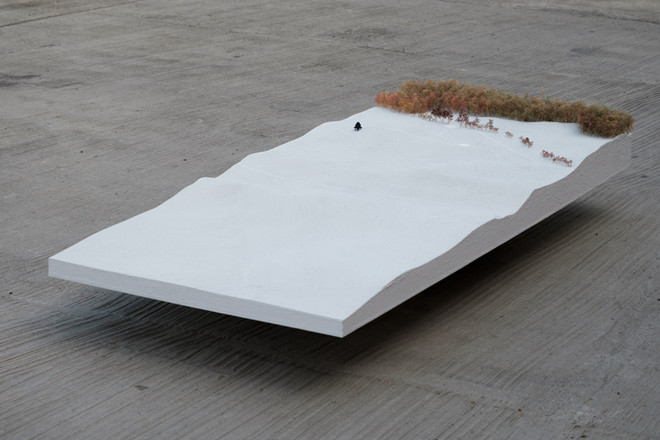
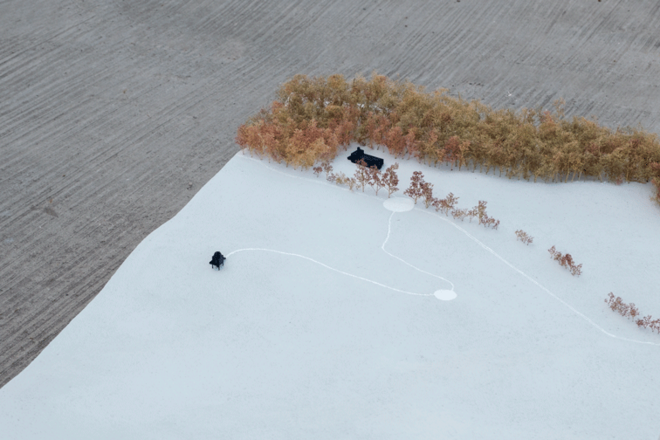
Det Kongelige Akademi understøtter FN’s verdensmål
Siden 2017 har Det Kongelige Akademi arbejdet med FN’s verdensmål. Det afspejler sig i forskning, undervisning og afgangsprojekter. Dette projekt har forholdt sig til følgende FN-mål

